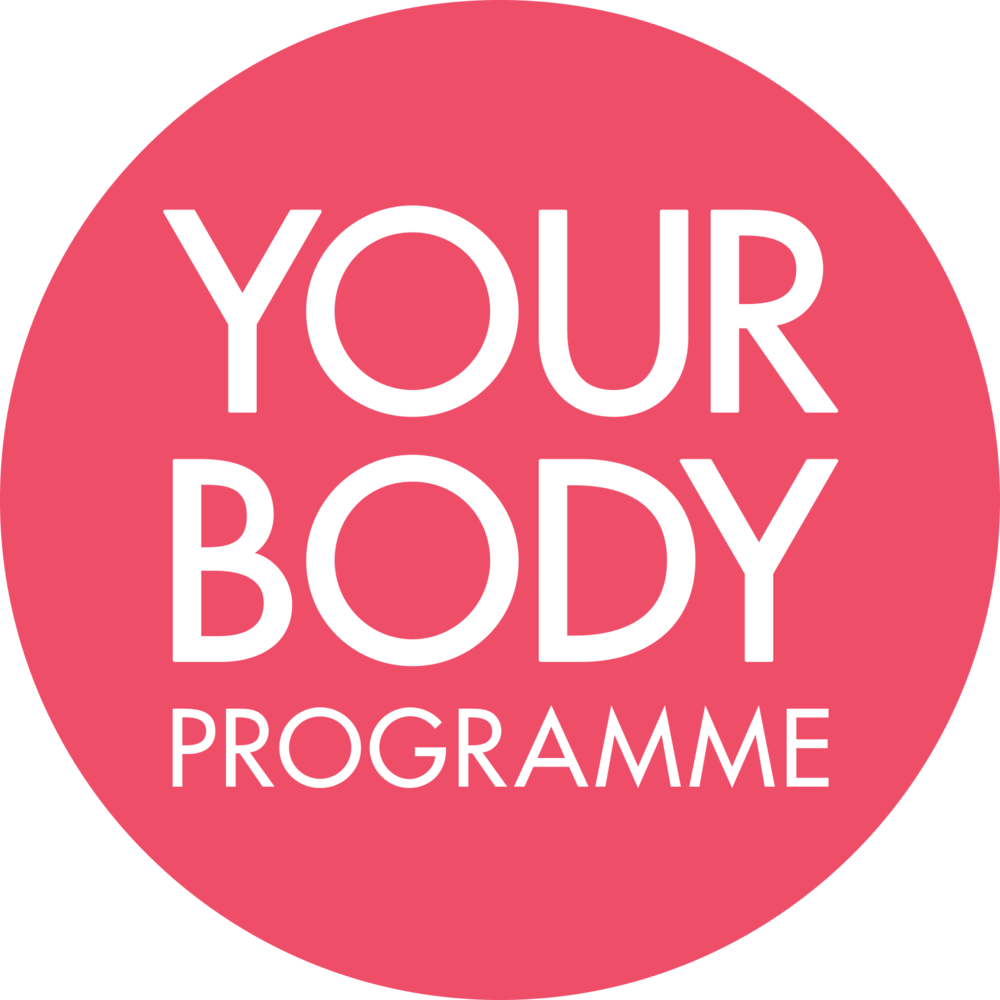blood sugar
What is blood sugar imbalance?
Blood sugar (glucose) is the amount of sugar in our blood at any one time. Blood sugar imbalance is a condition in which your body does not handle glucose effectively. Throughout the day blood glucose levels may fluctuate outside of the bodies desired blood glucose range. Swinging from being very high after a meal, stimulant or stress to being very low, say if you skipped breakfast.
Insulin is the hormone responsible for keeping the blood sugar levels between the normal desired range. Insulin works by opening channels on cell membranes, allowing glucose to travel from the blood into body cells. During times of blood sugar imbalance, insulin rises rapidly to deal with the dangerous injection of sugar. Chronic high blood sugar will eventually have detrimental effects.
In some situations, like after a carbohydrate or sugar rich meal, too much insulin is produced. When insulin is high, lots of cell glucose channels open, which results in the blood glucose level dropping too low.
During insulin resistance, the cell membranes stop recognising insulin and fewer channels are opened. In this situation both insulin and glucose remain high in the blood and some cells become deficient in glucose.
Cells in the pancreas gland secrete insulin into the blood stream. These cells can often become exhausted after long periods of producing excessive levels of insulin. Once tired, these cells can no longer produce adequate amounts of insulin to achieve perfect blood sugar balance. Low insulin production also leads to blood sugar imbalance.
Symptoms
| Low energy | Need more than 8 hours sleep |
| Mood swings | Need coffee or tea to get going |
| Depression | Frequent urination |
| Low immunity | Heavy sweating |
| Inflammation | Sweet food cravings |
| Headaches | Palpitations |
| Dizziness | Feeling thirsty |
Avoid
Refined foods, such as white bread, white pasta and white rice.
Sugary foods, confectionary and sugary drinks (such as squashes and fizzy drinks).
Convenience foods, as they often contain hidden sugars as well as often being high in saturated fats. Saturated fats make cell membranes less permeable, affecting the transportation of glucose into the cell. Studies have shown that people with diabetes have increased risk of cardiovascular disease. Saturated fat will increase the amount of low density (bad) cholesterol in the blood, further increasing the risk.
Stimulants such as tea, coffee, alcohol and chocolate. These trigger a sugar high in your blood, followed quickly by a low. Cut down gradually.
Limit your intake of saturated fats, found in red meats and dairy products.
Actions
Wholegrains - these are complex carbohydrates which release sugars slowly into the blood so provide sustained energy and help balance blood sugar. These include brown rice, wholemeal pasta and wholemeal bread. Oats are particularly good, making them an excellent choice, especially for breakfast.
Fresh fruit and vegetables - aim for at least five a day. They are a good source of fibre and contain many vitamins and minerals that are needed for blood sugar balance. Include a wide variety including the dark green leafy vegetables such as broccoli and kale.
Essential fats - these are found in oily fish, nuts, seeds and their oils. They improve insulin’s ability to transport glucose out of the blood into cells.
Protein - include a protein source in every meal and snack. Protein sources that do not contain high levels of saturated fats are beneficial. These include lean chicken/turkey, white fish, oily fish, eggs, nuts, seeds and beans. Protein foods tend to trigger an even release of insulin and combined with complex carbohydrates they are a good aid to blood sugar balance.
Fibre - include beans and lentils in the diet, as well as fruit, vegetables and wholegrains. Fibre slows the absorption of sugars and so plays an important role in maintaining even blood sugar levels.
Fluids - it's important to drink plenty of water (mineral/filtered if possible, as bottled mineral water has increased minerals, while filtered water has had some of the contaminants from tap water removed), herbal / fruit teas and diluted fruit juices.
Regular meals and snacks - to avoid dips in your blood sugar levels you should eat three meals a day and never skip breakfast. Little and often is the way to help your body keep blood sugar balanced, so include snacks in your diet too.
Lifestyle recommendations
Weight - it's very important to consider a weight loss strategy if you're overweight.
Exercise - exercise has been shown to have a significant blood glucose balancing effect. Start an aerobic exercise programme to be followed at least three days a week.
Stress - it's important to try and manage your stress. If you can, identify any areas of stress and adopt more effective time management to allow time for relaxation. It may be beneficial to join a yoga class, try meditating at home or practicing breathing techniques. Depending on your circumstances, counselling or even employing a life-manager may help too.
Hidden sugars
High fructose corn syrup
Maltodextrin
Maltose
Dextrose
Sucrose
Dextrin
Sorbitol
Molasses


